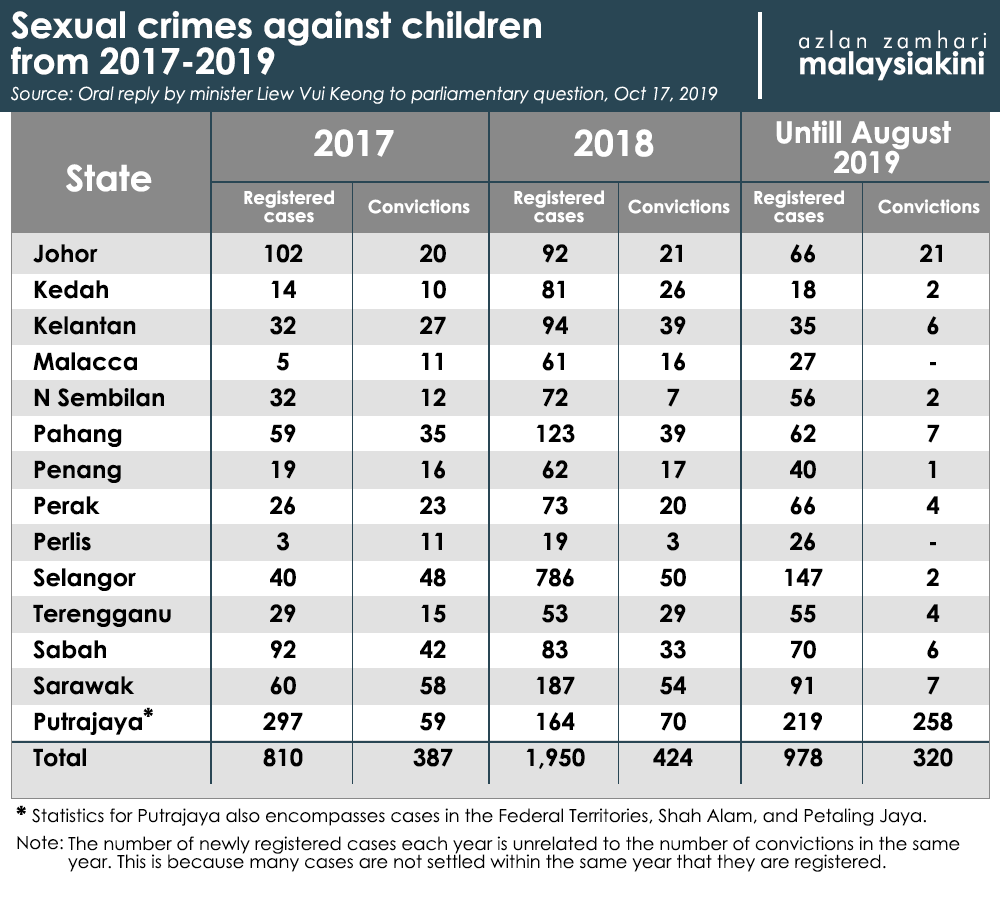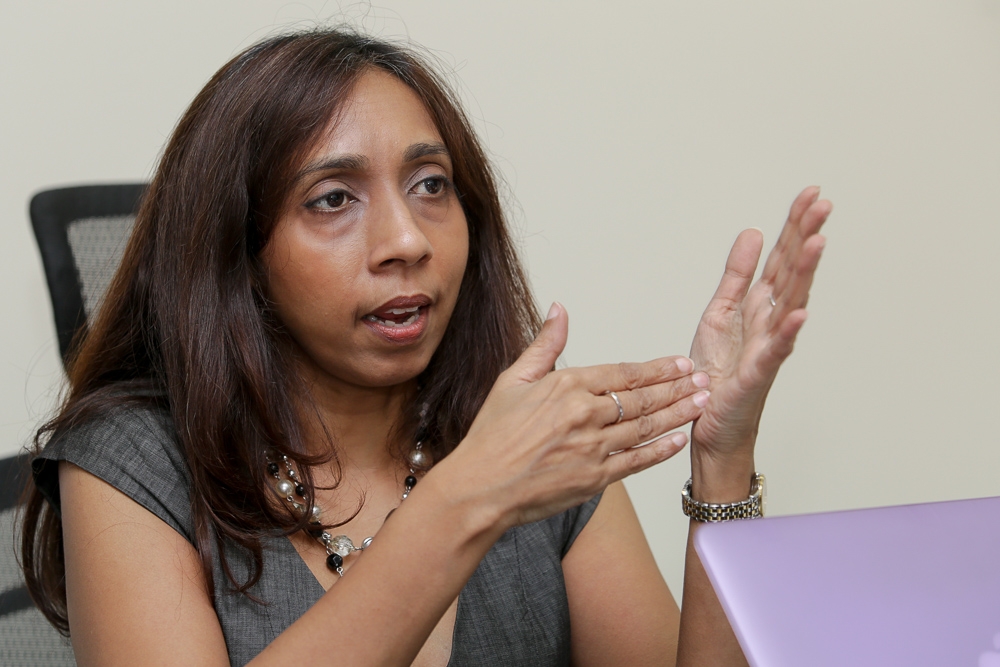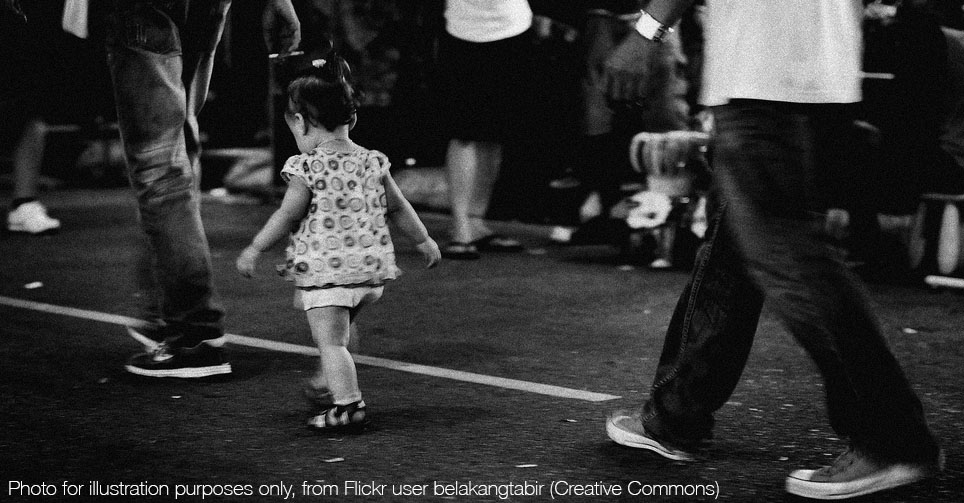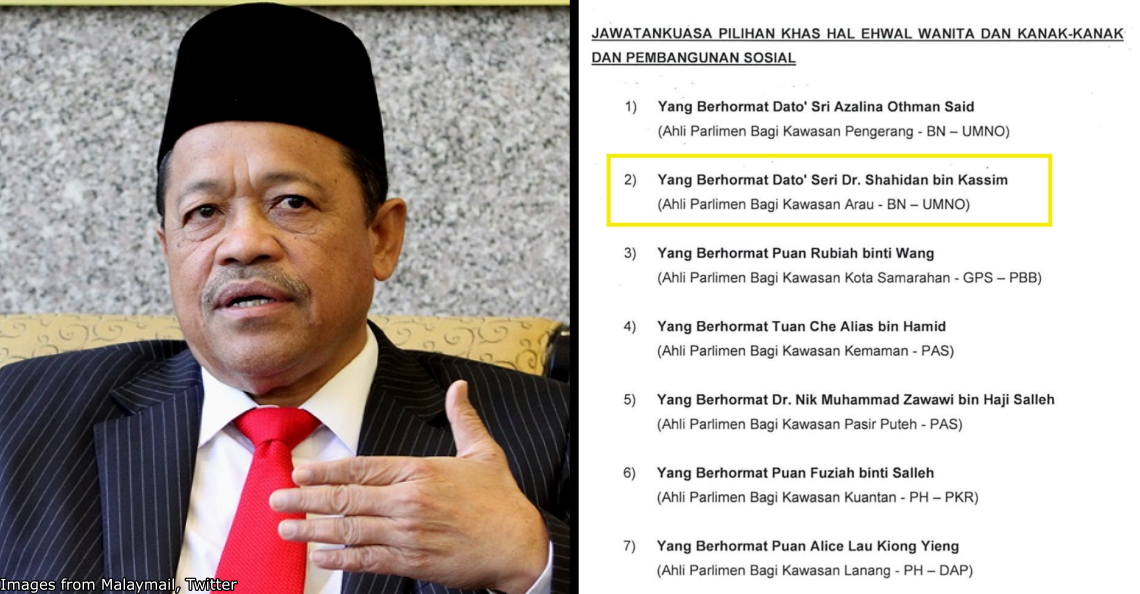Here’s how Malaysia protects pedophiles

- 274Shares
- Facebook224
- Twitter4
- LinkedIn7
- Email5
- WhatsApp34
Earlier this month, X/Twitter was up in flames about the news of a Malaysian guy in Ireland being convicted of sexual assault. The man is none other than Amirul Arif Mohammad Yunus, brother of Dr Halina Mohd Yunus, who in turn is married to famed astronaut Dr. Sheikh Muszaphar Shukor, who so happens to be, you know, the first Malaysian to go to space.

If you’re wondering why we’re name-dropping like this, it’s because his family connections are part of what got everyone so riled up. You see, during his court hearing in Ireland, Amirul’s family gave glowing testimonials about his character. Imagine, this guy was convicted of grooming and sexually assaulting a teenage girl, and still, people were tripping over themselves to vouch for him.

Like hello? The poor girl was traumatised. In fact, she blames herself for what happened meanwhile this guy is being smothered with support. The betrayal honestly couldn’t cut deeper. Amirul was literally working as a child psychiatrist when he committed the offense in 2023. And if that wasn’t messed up enough, his legal team even tried to sweep everything under the rug by offering her a settlement worth RM9k.
As expected, Malaysian netizens went full CSI mode and blasted his name and face all over social media to make sure everyone knew who he was. After all, what’s stopping Amirul from completing his sentence overseas, then reintegrating into Malaysian society and continuing that despicable behaviour here? Given his family’s connections and wealth, it’s not a stretch to imagine him getting away with it.
And what makes that notion lagi terrifying and all the more possible…
Malaysia doesn’t have a public sex offender registry

Ok so technically, Malaysia does have a registry but don’t get too excited because it’s neither properly public nor super accessible.
Back in 2019, gomen launched one under the Social Welfare Department, listing roughly 3,000 offenders. The idea was to give schools, daycare centres, and even parents a way to screen people before trusting them with kids. So if a school was hiring a new teacher or a parent needed a babysitter, they could use the system. Sounds solid on paper, right? The only thing is, you can’t just Google someone’s name and pull up their entire rap sheet 😒.
Instead, you’ll need to:
- Get the person’s IC number (good luck getting that without raising eyebrows)
- Fill up a form stating your relationship to them
- Submit it to the Social Welfare Department
But ofc, the usual bureacratic lecehness applies. You can submit your form at the state office or district office, but the latter would take five working days. Then there’s the fact if the person has no record, you get a letter saying they’re clean. But if there is something in their history and further checks are required, then that’s more paperwork and even more bureaucratic stuff to deal with.

What’s more, it’s not mandatory for schools or employers to do these checks.
Let that sink in.
There’s basically no law forcing anyone to make sure the people working with kids are safe. Because of this, there have been tragic cases where predators slipped through the cracks and hurt innocent children, all because nobody bothered to check. And that’s assuming they even know the sex offender registry exists.
In America, tracking sex offenders is as easy as checking someone’s LinkedIn
Over in the land of the free, if someone shady moves into your neighbourhood, you don’t have to play detective. Thanks to Megan’s Law, their system practically hands you all you need to know.
The law was named after Megan Kanka, a 7-year-old girl who was raped and murdered in 1994 by her neighbour. The tragedy was made worse by this guy already having a record for sex crimes. Megan’s parents were understandably furious and believed her death could’ve been avoided if they’d known about his history. That was when the US government stepped in, and boom- Megan’s Law made it mandatory for states to maintain a public sex offender registry.
And by public, we mean really public. Like, “Let me Google that for you” public.
Whenever a sex offender moves into a neighbourhood, the local authorities are required to notify residents. Parents can even go online, type in a name or address, and check if any convicted sex offenders are lurking nearby. Some websites even let you pull up maps of your area dotted with little red flags.

Not all states reveal the same level of detail tho, like some may list the exact crimes committed, some may not. Still, compared to Malaysia, this is next-level transparency.
Activists are ramping up calls for a public sex offender registry in Malaysia
The Amirul case has lit a fire under Malaysians, and rightfully so. It’s not just about one man’s actions, it’s about the glaring gaps in our system that let predators slip by unnoticed.
Sharmila Sekaran, the head of Voice of the Children, is pushing for transparency through a double layered approach. One list would publicly name convicted offenders, giving employers and community leaders easy access. The second list would have details of accused individuals, which is private and strictly for the authorities’ eyes only.

But that’s easier said than done.
Criminologist Nadiah Syariani Md Shariff brings up some valid points when she points out a public sex offender registry might do more harm than good. While it may seem like a simple solution, she warns it could make it even harder for sexual offenders to reintegrate after serving their time. We’re talking privacy violations, long-lasting stigma, and a world of challenges for them to rebuild their lives. Not to mention the fear and panic it could stir up in communities.
“This will affect the public’s general well-being and quality of life such as personal safety and mental health. With the increased panic and fear, it can lead to inaccurate perception of crime and personal safety, the spread of rumours, overreaction, and unnecessary response,” — Nadiah Syariani
But if you really think about it, a public registry is less about punishment, and more about giving communities the power to protect themselves. Parents deserve to know if someone with a history of sexual crimes is working near their kids. Employers hiring for childcare roles need to be held accountable. And most importantly, survivors deserve to see a system that prioritises their safety over the comfort of offenders.
So while we wait for the government to sort out the logistics of a proper public sex offender registry…
What can we do for now?

Yeah, it sucks that we live in a world where we have to be on constant guard, rather than a place where such crimes don’t happen in the first place. But until we get there, awareness and prevention are our strongest shields.
- Know the existing registry: As leceh as it sounds, the current sex offender registry is a tool. If you’re hiring a babysitter or enrolling your child in extracurricular activities, take the time to check.
- Push for mandatory checks: Schools, daycare centres, and any kind of extracurricular club (especially if it involves kids!!) should have to cross-check their staff with the sex offender registry. Reach out to your local leaders, school boards, or even start a petition. Pressure from the public works wonders.
- Keep an eye online: Unfortunately, predators are sneaky, and grooming often starts on social media or gaming platforms. Have open conversations with your kids about who they interact with online, and don’t hesitate to set boundaries.
- Get involved in community efforts: Participate in safety workshops or better yet, host discussions in your neighbourhood. The more people know how to spot red flags, the safer the community becomes.
- Advocate for better laws: Join or support groups like Voice of the Children that are fighting for stronger policies. Whether it’s donating, volunteering, or just spreading their message, every bit of effort adds up.
At the end of the day, keeping kids, and in fact, other vulnerable groups safe isn’t just one person’s job. The system may not be perfect right now, but we can create safer spaces here and now, until the protection of our most vulnerable becomes a real national priority.
- 274Shares
- Facebook224
- Twitter4
- LinkedIn7
- Email5
- WhatsApp34


